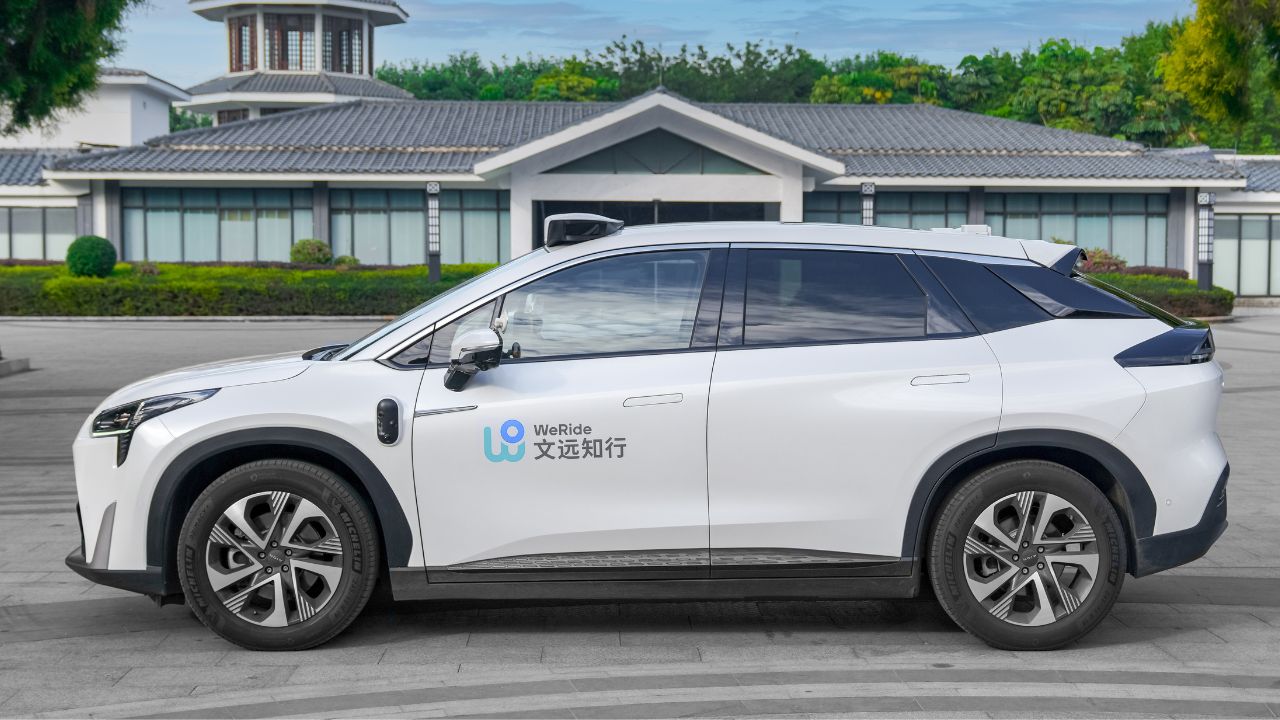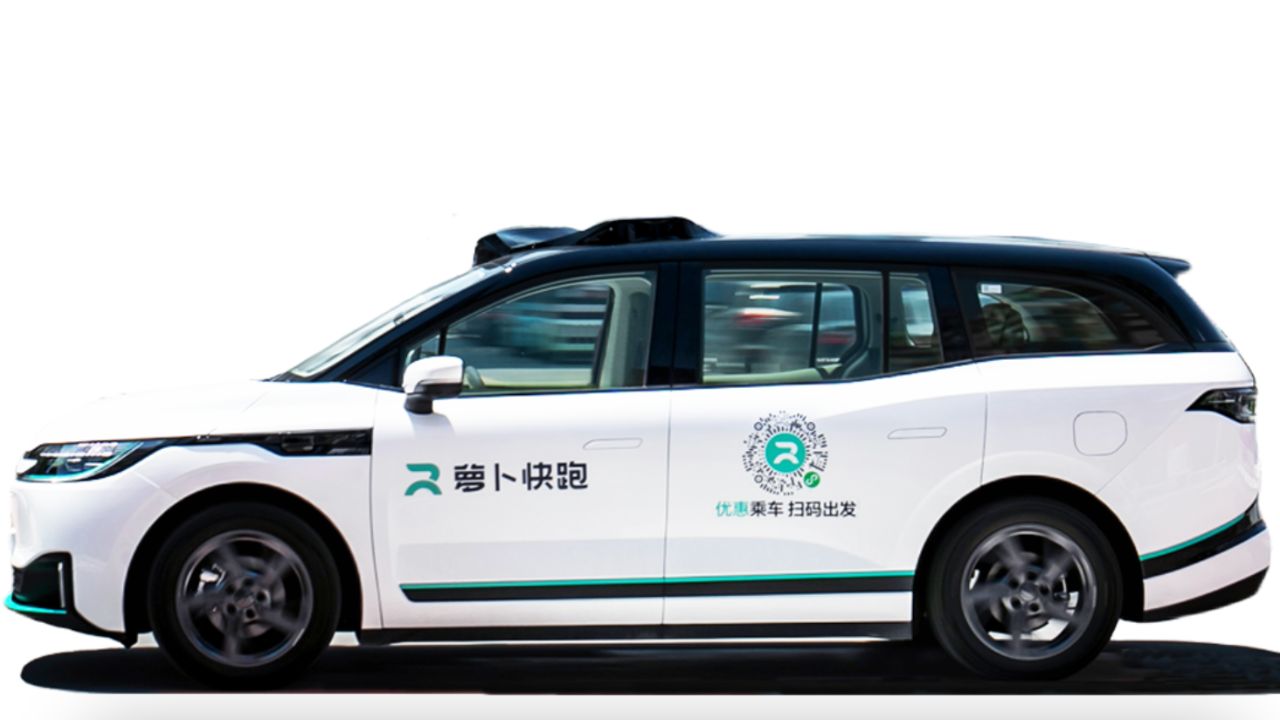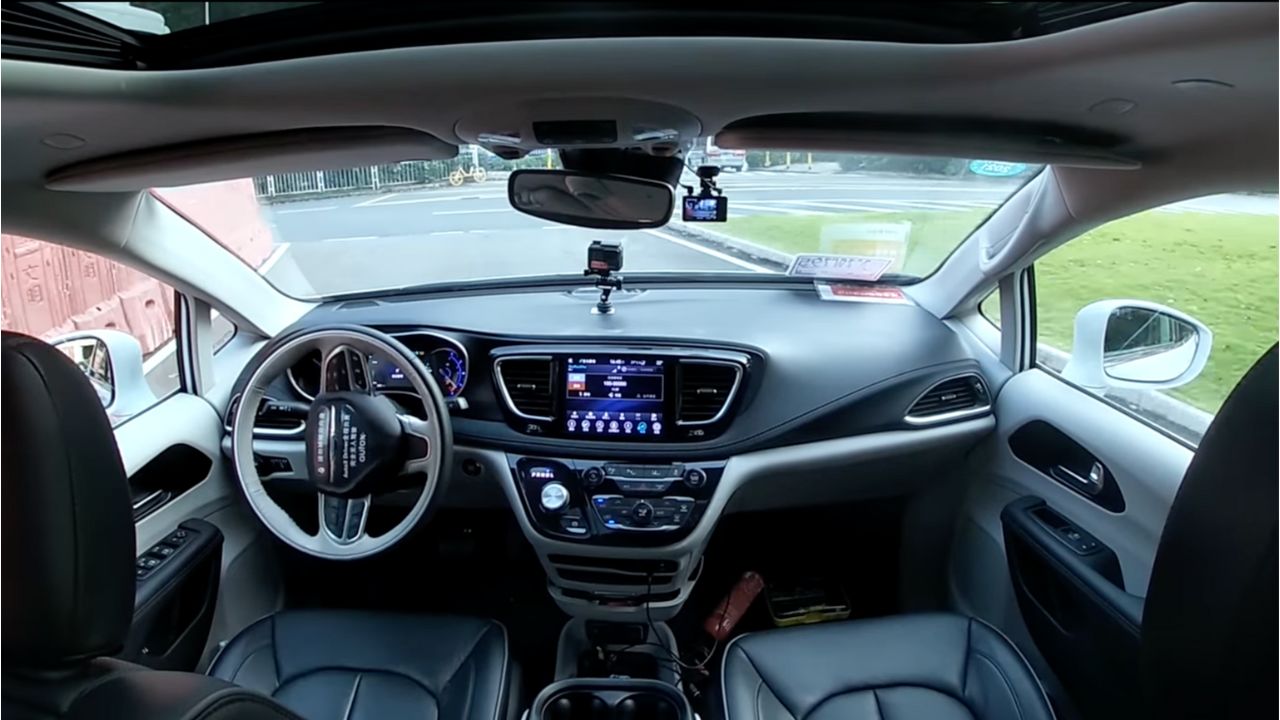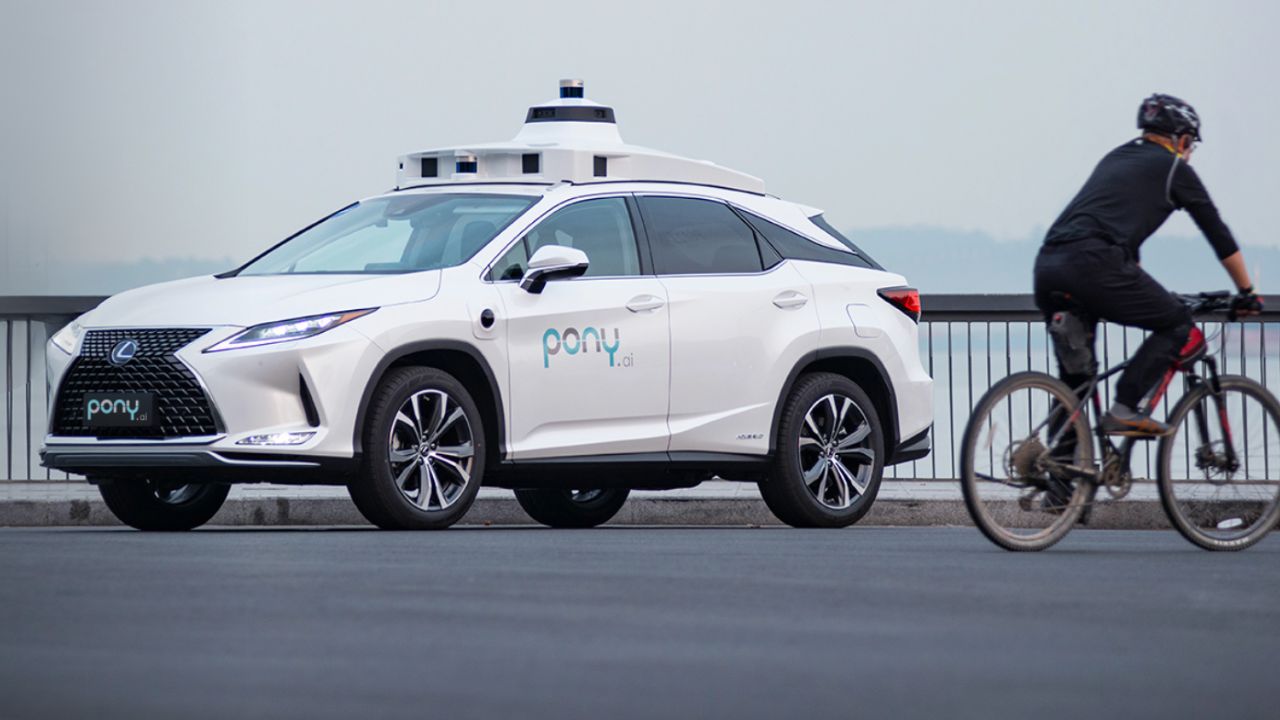Self-driving cars are gaining traction in the US, and while Elon Musk’s Tesla is leading this new automobile category, many new companies have started to emerge or are in the making. However, a Fortune report has highlighted how these self-driving cars, particularly those with Chinese origins, pose a grave danger to Americans.
Fortune reported that self-driving cars owned by Chinese companies have traversed 1.8 million miles in California alone, collecting all sorts of data that is sent back to their home country. The report mentioned how this data could be used for espionage and even war planning by China if it were ever to come to that.
GET SECURITY ALERTS, EXPERT TIPS – SIGN UP FOR KURT’S NEWSLETTER – THE CYBERGUY REPORT HERE

Credit: WeRide
Chinese self-driving cars and their data collection
A total of 35 companies have been approved by the state to test their self-driving cars, and 7 of them reportedly are wholly or partly China-based. Five of these companies drove on California roads last year — WeRide, Baidu’s Apollo, AutoX, Pony.ai, and DiDi Research America, collectively traveling 1.8 million miles. Some Chinese companies have also been approved to test in Arizona and Texas.
These cars capture video of their surroundings and map the state’s roads to within two centimeters of precision. After collecting this data, these companies transfer it from the cars to data centers, which are sometimes based in China. The publication cites experts who claim that this situation leaves the data accessible to the Chinese government.
Baidu’s privacy policies mention that any data may be processed and stored in China. According to the report, Pony.ai transmitted US data to China until 2021.

Credit: Baidu’s Apollo
THE MOST DOWNLOADED NEWS APP IN AMERICA WITH TIES TO CHINA HIGHLIGHTS THE DANGERS OF AI
How is this data collection dangerous?
Fortune didn’t present any evidence that the Chinese government is exploiting the data collected by self-driving cars or that these companies are actually giving Beijing control over their data. However, the publication pointed out that the US government doesn’t verify what data is being shared and doesn’t have a proper agency handling the issue.
The report notes that the data from self-driving cars, which use Lidar technology to create detailed 3D maps, could be exploited by foreign adversaries for mass surveillance and military planning. While these maps help autonomous vehicles navigate, their detail makes them valuable for military and intelligence purposes.
Lidar, also used by the U.S. military in Iraq and Afghanistan, can map battlefields and monitor threats. At a societal level, this technology can track individuals’ movements, including visits to sensitive locations like places of worship and domestic abuse shelters.
Legal and regulatory frameworks governing Chinese companies
It’s important to note that Chinese companies are subject to several legal and regulatory frameworks that mandate their cooperation with the government on intelligence and security matters. The National Intelligence Law of 2017 requires Chinese citizens and organizations to support, assist, and cooperate with state intelligence work. This law effectively means that any data collected by Chinese companies, including those operating internationally, can be requested by the Chinese government for national security purposes.
Additionally, the Cybersecurity Law of 2017 and the Data Security Law of 2021 further tighten state control over data, requiring companies to store certain data within China and to undergo security assessments if the data is deemed critical. These laws collectively ensure that Chinese companies cannot operate independently of government oversight, particularly concerning data that could impact national security.

Credit: AutoX
CHINA’S VAST CYBER TRAFFICKING NETWORK DUPES AMERICANS USING FAKE SHOPS
What’s being done about this?
These self-driving cars from Chinese companies are prompting regulatory action. While these vehicles offer advanced technology, they also, as we mentioned, present potential risks related to data collection and national security. The US government is taking steps to address these concerns, with Rep. Elissa Slotkin introducing a bill to formalize national security reviews of Chinese-made connected vehicles.
This move mirrors China’s strict data security laws, which require companies like Tesla to store data locally and partner with Chinese firms. The US is considering similar measures to regulate data collection and storage by Chinese automotive companies operating in America. As the technology evolves, balancing innovation with national security remains a key challenge for policymakers.

Credit: Pony.ai
CHINA HACKING GROUP CAUGHT SPYING ON U.S. ORGANIZATIONS
Kurt’s key takeaways
The rise of Chinese-made self-driving cars in the US highlights the complex balance between technological innovation and national security. While these vehicles offer significant advancements, the data they collect poses potential risks that cannot be ignored. The US government’s move to scrutinize and regulate this data collection is a necessary step. As this technology evolves, so too must our approach to regulating it, ensuring that innovation serves the public interest while safeguarding national security.
What types of data collection do you think should be restricted or regulated for foreign tech companies operating in the US? Let us know in the comments below.
FOR MORE OF MY SECURITY ALERTS, SUBSCRIBE TO MY FREE CYBERGUY REPORT NEWSLETTER HERE



2 comments
Do our TVs collect information? The Chinese make most electronic devices so is it a possibility?
Hi Kirk, please see our article here on this topic.